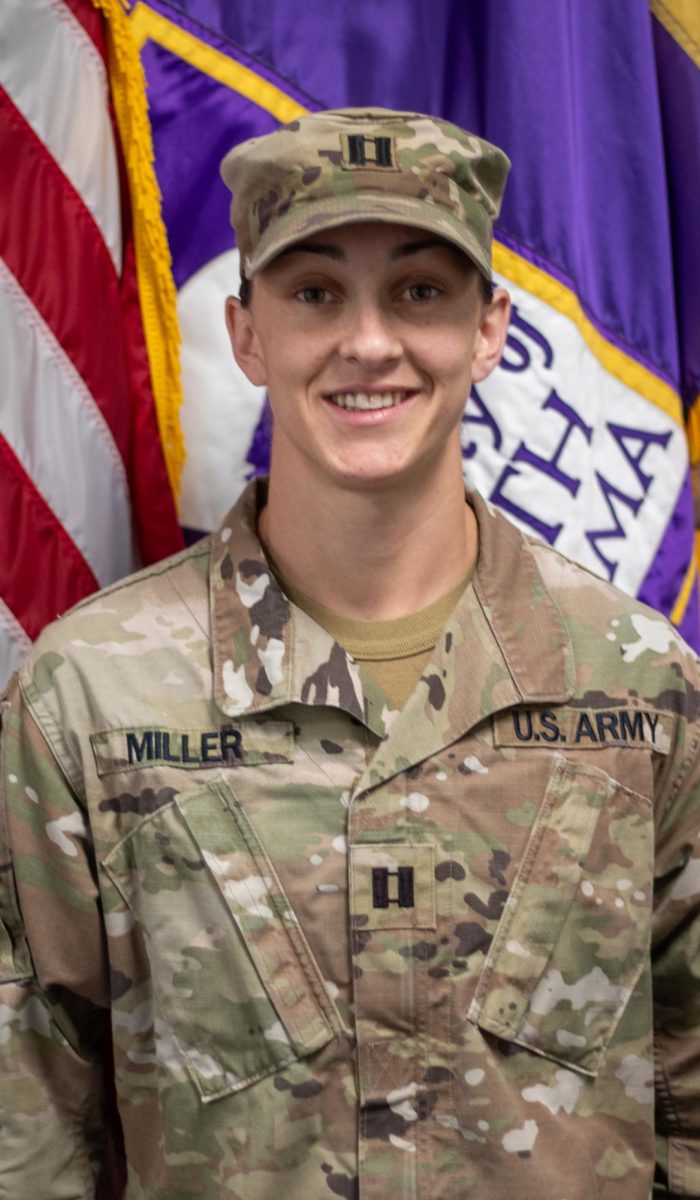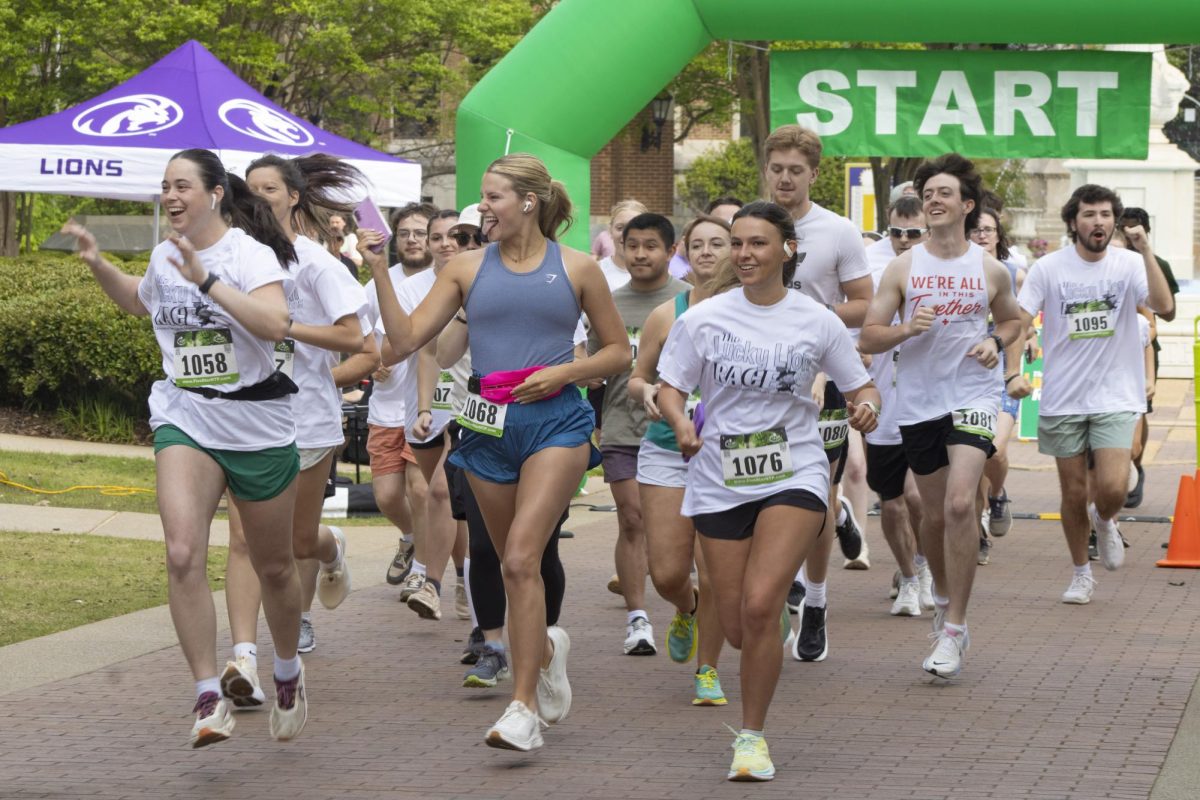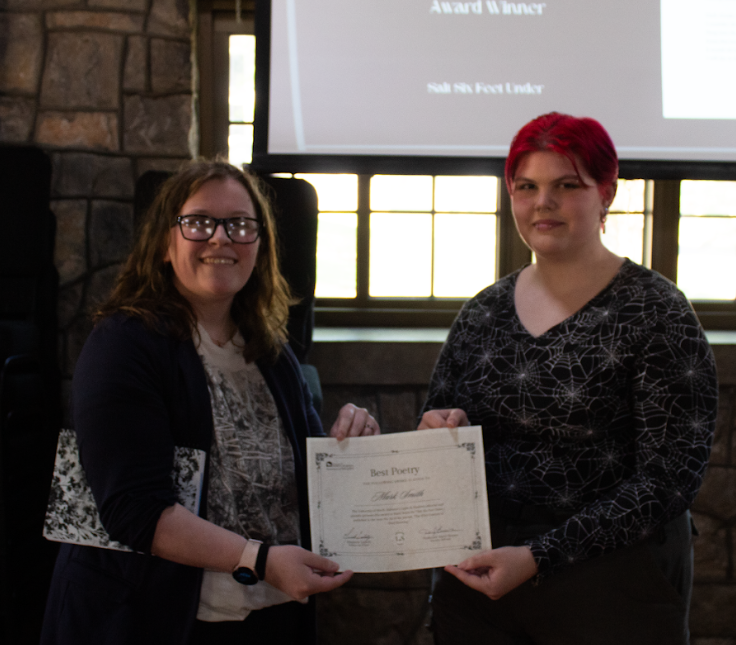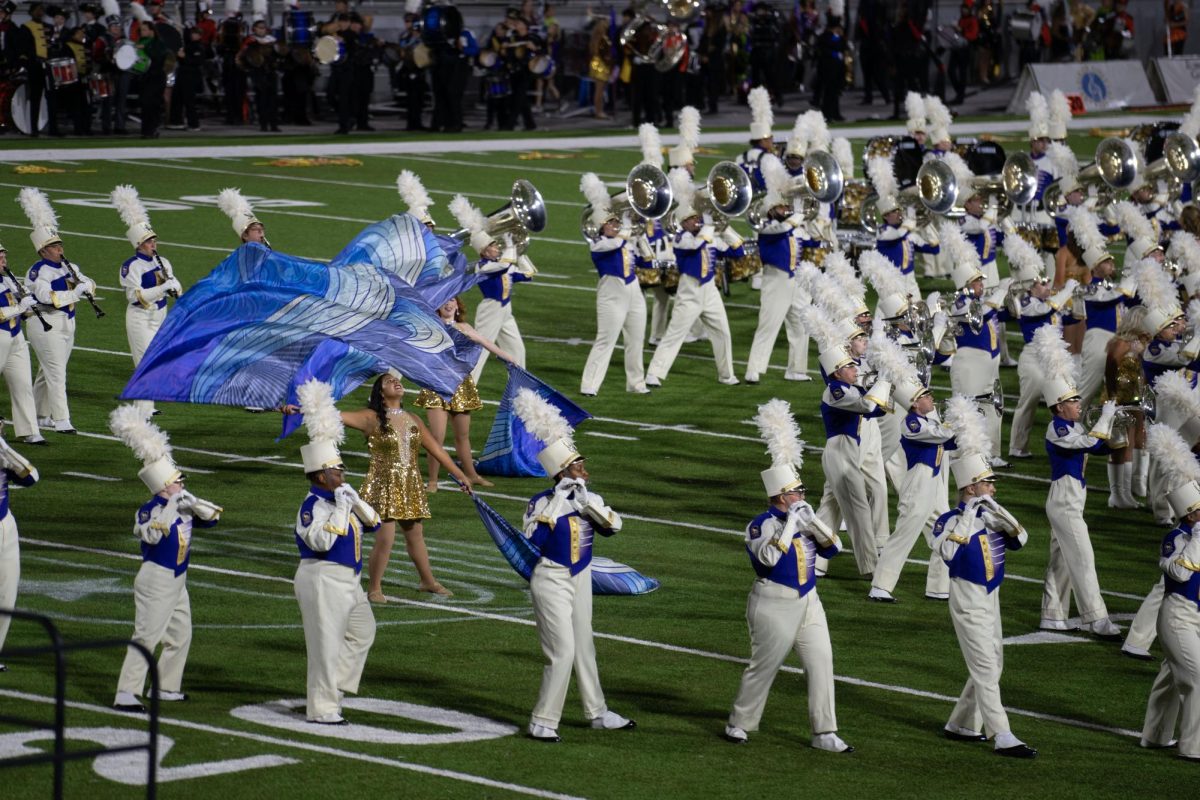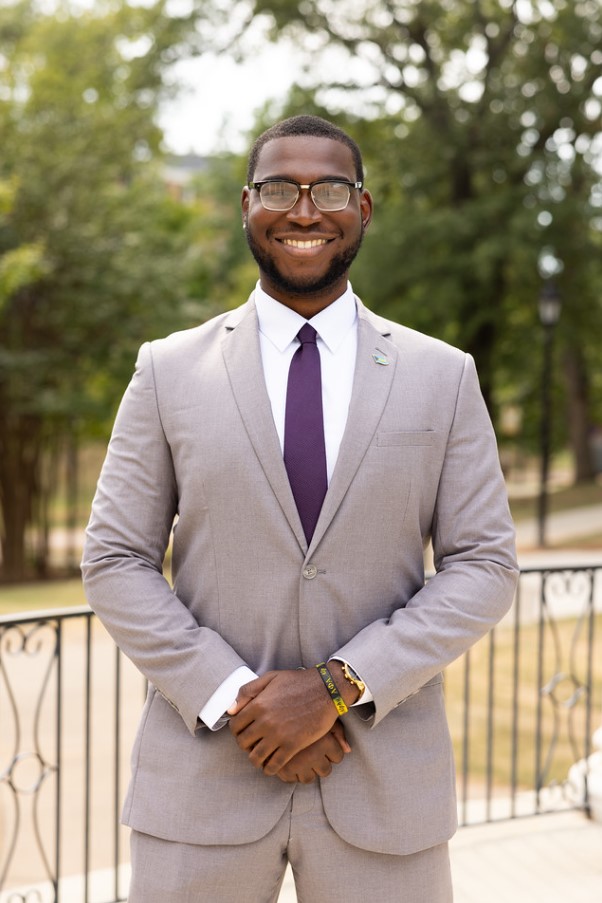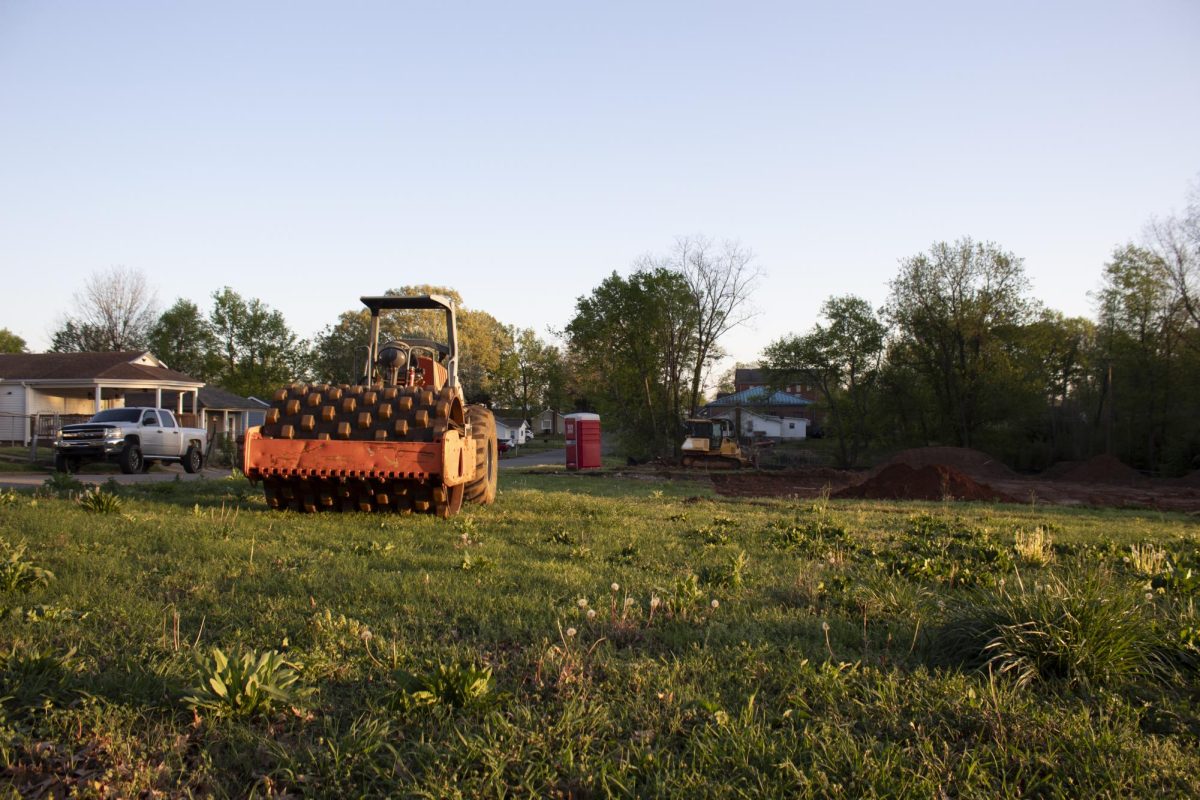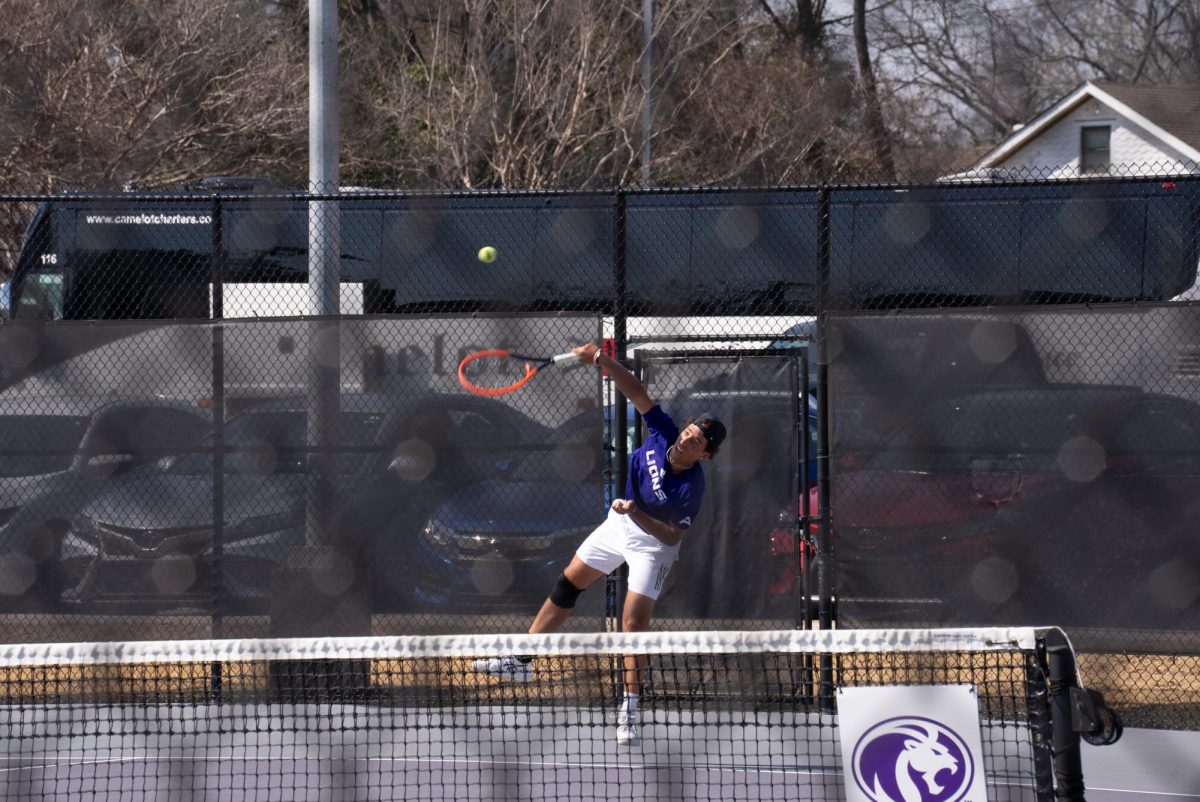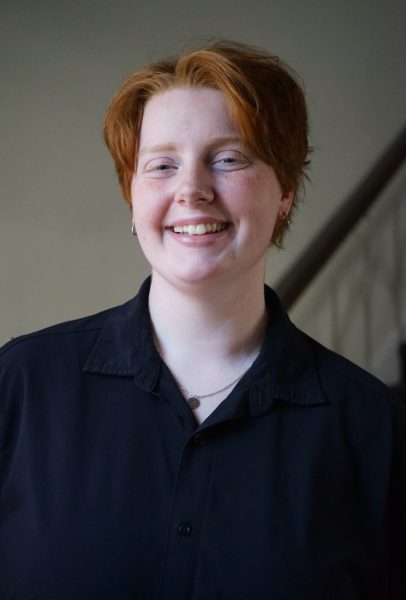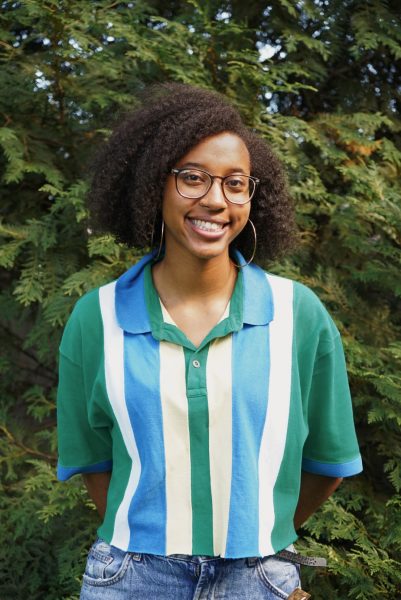CPT Jordan Miller was recently promoted to be the Interim Professor of Military Science at the University of North Alabama.
While student-teaching in college, Miller joined the military to answer a calling that had been with her since the age of 18. She went to Basic Training and then attended Officer Candidate School.
Miller then oversaw weapons, vehicles and equipment maintenance and supply. She is now a Logistician, which means that she can do everything that supports a mission.
At Fort Lewis-McChord, Miller was a platoon leader for a support company that supported field artillery. She then went to Fort Bragg, where she was the Executive Officer for an Air Defense Artillery Unit. The unit got deployed, and she stayed to run operations.
While they were gone, Miller deployed to Iraq with a Special Missions Unit. When she came back, she got promoted to Captain and went to several schools before going to Fort Drum in New York, where she was a part of the Brigade S4, which is in charge of the supply for an aviation unit.
Miller was an Apache FSE Commander before she came to UNA as part of a broadening assignment and became the Assistant Professor of Military Science.
Miller was promoted to Interim Professor of Military Science when COL Warren, the previous Professor of Military Science, left the university. The new Professor of Military Science will arrive at UNA in December, and Miller will get promoted to Major in March before officially leaving the university next summer for her follow-on training.
Miller has enjoyed her time at UNA so far and feels fulfilled in her new position.
“I love it,” said Miller. “It’s really fun, actually. It’s not too much different from being the Assistant Professor, but now it’s me doing the teaching and making decisions.”
Though she’ll be leaving UNA at the end of the spring semester, Miller is appreciative of the opportunities she has been given, the experiences she has gained and the people she has been able to meet through her time at the university.
“That’s the fun thing about the Army,” Miller said. “You’re never in the same place for more than two or three years, and if you are, it’s usually a different circumstance. You’re always learning something new, and you’re always growing.”
Miller encourages anyone who is interested to find out more about ROTC and how to get involved.
“If I graduated and did teaching, most of those kids grow up in the same area, they go to the same house every night and it’s fluid,” Miller said. “Here, I would have never met any of these people. In the Army, you could be in a room of five to ten people, and they’re from different countries, different states, different backgrounds and ethnicities. It’s like a melting pot. You will never get that experience anywhere else. That’s one of my favorite things about the Army.”


